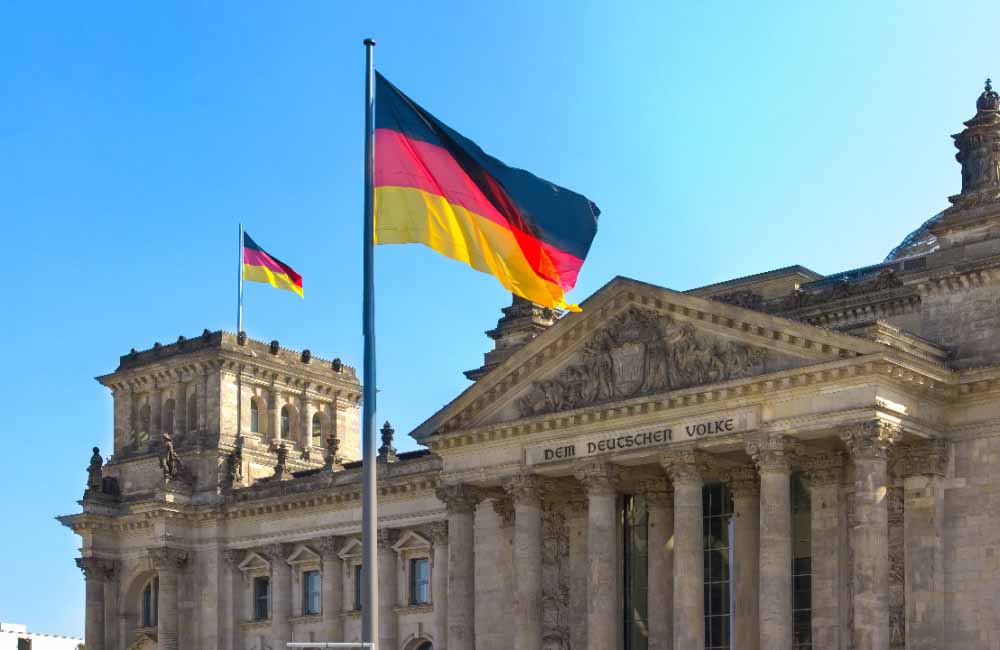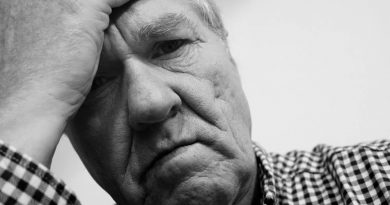People Celebrate as Cannabis in Germany Becomes Legal
Throngs of people convened in Germany at the beginning of April to mark the commencement of cannabis legalization in the European country. At Berlin’s Brandenburg Gate, a central hub for festivities, people danced to music, displayed signs, and released plumes of smoke into the air to celebrate legal cannabis in Germany.
Among the revelers, one person was spotted bicycling through the masses towing a large cannabis leaf sculpture on a trailer, while another prominently rolled a joint for the television cameras, according to CNN.
Smoking cannabis in many public spaces became legal nationwide on April 1. The government will strictly regulate the market. German leaders initially wanted to allow licensed shops to sell cannabis, but those plans ended after European Union leaders raised concerns that such a system could lead to a surge in drug exports.
The Road to Legal Cannabis in Germany
Last month, Germany’s lower house of parliament voted to legalize cannabis for limited recreational use following a controversial national debate about the pros and cons of allowing easier access to the drug.
Health minister Karl Lauterbach hailed the move in a post on X. “Cannabis use already existed yesterday, but it’s increasing. Now, it’s exiting the taboo zone,” he wrote. “This is better for real addiction help, prevention for children and young people, and for combating the black market, for which there will soon be an alternative.”
The new rules mean adults can possess small amounts for personal use, but the drug remains banned for those under 18. Adults can grow up to three plants for private consumption and also possess 50 grams at one time at home, and 25 grams in public. Starting July 1, cannabis will be available in licensed not-for-profit cannabis clubs with no more than 500 members. All members will have to be adults.
Cannabis in German Remains Highly Restricted
The German government said cannabis will remain illegal for minors and restricted for young adults. For example, consuming cannabis near schools and playgrounds remains illegal.
The move makes Germany the third country in Europe – after Malta and Luxembourg – to legalize cannabis for recreational use, removing cannabis from the official list of banned substances. The Netherlands bans the possession of cannabis, but some municipalities permit them to be sold in coffee shops under its so-called policy of toleration.
In other countries, like Australia and the United States, rules vary in different states and regions. Some of the largest markets for legal cannabis are in the U.S., where 23 states have legalized cannabis for adult use. They include some of the biggest states in the country: California, New York, Illinois, Ohio, and Michigan.
In Germany, many law enforcement officers already “turn a blind eye” to smoking cannabis in public, according to the BBC, even though it remains an illegal activity under the nation’s current law and can be prosecuted.




